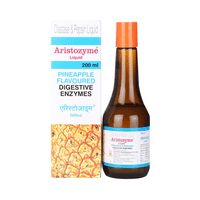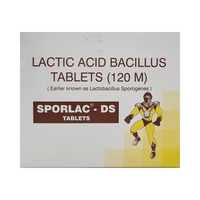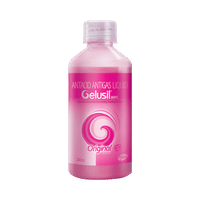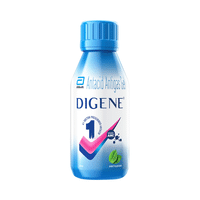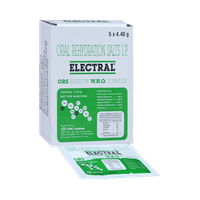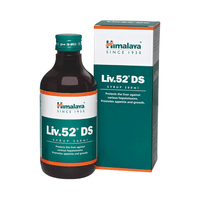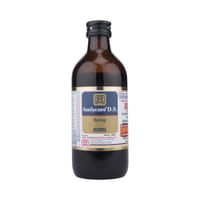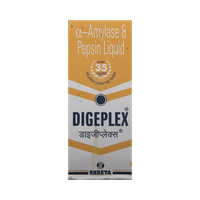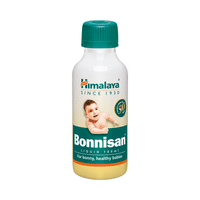Rs.193for 1 bottle(s) (200 ml Oral Suspension each)
food interaction for Sucral Oral Suspension
alcohol interaction for Sucral Oral Suspension
pregnancy interaction for Sucral Oral Suspension
lactation interaction for Sucral Oral Suspension
food
alcohol
pregnancy
lactation
Sucral Suspension is to be taken empty stomach.
None
None
CAUTION
Caution is advised when consuming alcohol with Sucral Suspension. Please consult your doctor.
CAUTION
Sucral Suspension is unsafe to use during pregnancy as there is definite evidence of risk to the developing baby. However, the doctor may rarely prescribe it in some life-threatening situations if the benefits are more than the potential risks. Please consult your doctor.
CONSULT YOUR DOCTOR
Information regarding the use of Sucral Suspension during breastfeeding is not available. Please consult your doctor.
CONSULT YOUR DOCTOR
SALT INFORMATION FOR Sucral 1000mg Oral Suspension
Sucralfate(1000mg)
Sucral oral suspension uses
{med_name} is used in the treatment of intestinal ulcers and stomach ulcers.
How sucral oral suspension works
Sucral Suspension forms a coating over the ulcer or any other raw surface. This creates a physical barrier that protects the ulcer/raw surface from the gastric acid or any other injury, allowing it to heal.
Common side effects of sucral oral suspension
Flatulence, Gastrointestinal discomfort, Vomiting, Sleepiness, Vertigo, Back pain, Itching, Dizziness, Insomnia (difficulty in sleeping), Diarrhea, Nausea, Indigestion, Rash, Dryness in mouth, Constipation, Headache
SUBSTITUTES FOR Sucral Oral Suspension
86 Substitutes
86 Substitutes
Sorted By
 Rs. 159.60save 19% more per ml of Oral Suspension
Rs. 159.60save 19% more per ml of Oral Suspension Rs. 80save 19% more per ml of Oral Suspension
Rs. 80save 19% more per ml of Oral Suspension Rs. 150save 24% more per ml of Oral Suspension
Rs. 150save 24% more per ml of Oral Suspension Rs. 120pay 20% more per ml of Oral Suspension
Rs. 120pay 20% more per ml of Oral Suspension Rs. 174.72save 10% more per ml of Oral Suspension
Rs. 174.72save 10% more per ml of Oral Suspension
Expert advice FOR Sucral Oral Suspension
- Do not take antacids 30 minutes before or after taking this medication.
- Use caution while driving or doing anything that requires concentration as Sucralfate can cause dizziness and sleepiness.
- It may take 4-6 weeks or more for the ulcers to heal completely. Do not stop taking the medicine until your doctor tells you to.
- Inform your doctor if you have a kidney disorder.
- Take Sucralfate on an empty stomach, preferably 1 hour before a meal.
- Sucralfate aids in healing of ulcers in the stomach and intestine.
- Take it on an empty stomach, preferably 1 hour before a meal.
- Do not take antacids 30 minutes before or after taking this medication.
- Use caution while driving or doing anything that requires concentration as Sucralfate can cause dizziness and sleepiness.
- It may take 4-6 weeks or more for the ulcers to heal completely. Do not stop taking the medicine until your doctor tells you to.
- Inform your doctor if you have a kidney disorder.
Frequently asked questions FOR Sucral 1000mg Oral Suspension
Sucralfate
Q. What should you avoid when taking Sucral Suspension?
It is advisable to avoid taking antacids within 30 minutes of taking Sucral Suspension since this medicine can decrease the absorption of some antacids if taken together.
Q. How long after taking Sucral Suspension can I eat?
Sucral Suspension must be taken on an empty stomach, at least 1 hour before or 2 hours after a meal.
Q. Does Sucral Suspension work immediately?
No, it takes around one to two weeks for the medicine to heal an ulcer of the stomach or intestine. But continue taking Sucral Suspension for the duration as prescribed by your doctor for complete healing.













